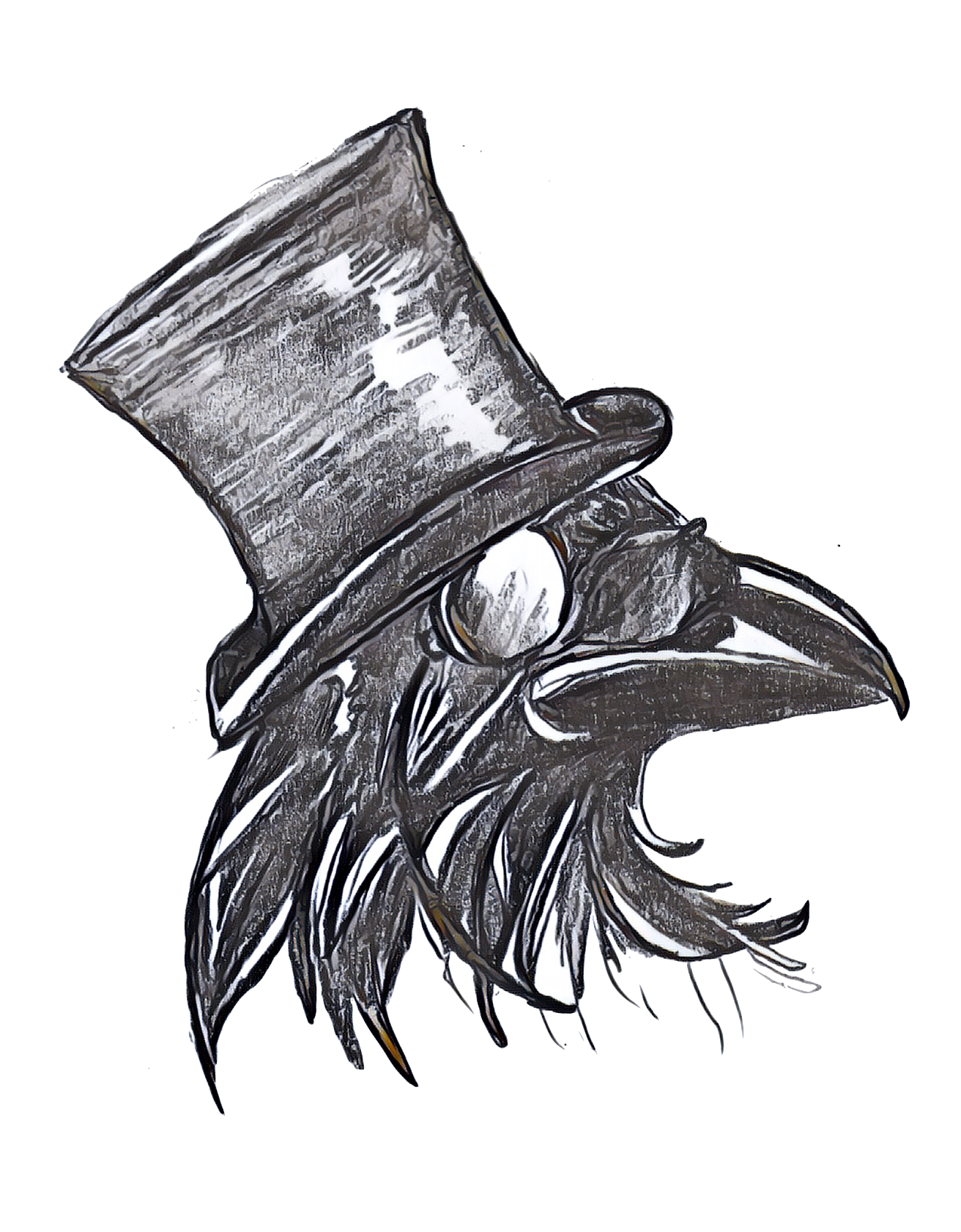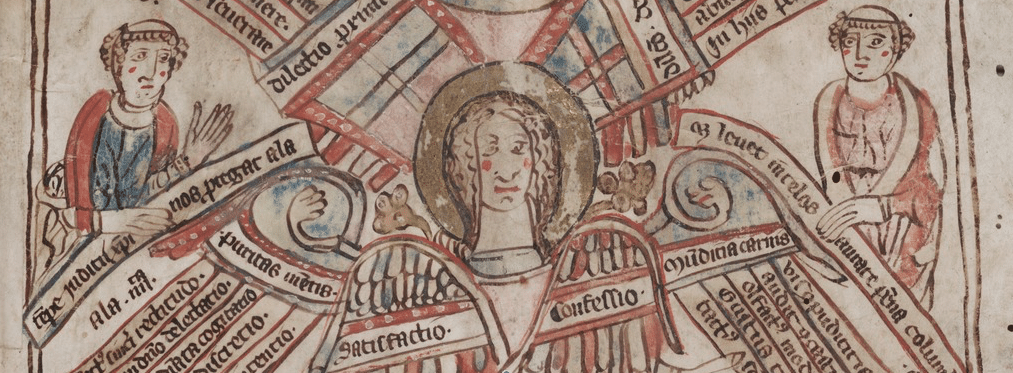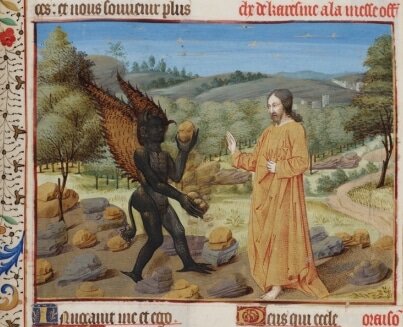Is it Possible to Embrace the Supernatural in a Modern World?
Why is it so hard for us to integrate the supernatural with the natural? I suppose that most people in my society would publicly discount the idea that some people can see demons and other things in the spirit realm, while privately wonder if the unexplained noises in their house or the spirit of depression on their families may be spiritual in nature.People who live in Europe, most of North America, Australia and other regions categorized by the moniker "Western Civilization" have a mindset rooted in the Enlightenment. In that historical era a few centuries ago, social influencers attempted
to cast off the supernatural and the superstitious,
to replace demons with material explanations,
to replace magic with a scientific outlook.
Today, this thinking is so ingrained in our society that most find it impossible, actually ludicrous, to consider anything as real that cannot be explained scientifically, while not recognizing that for millennia, brilliant thinkers, powerful empires and stable societies easily integrated the supernatural and natural into their worldviews.
The Dialectic of the Enlightenment
The intellectual roots of the Enlightenment go all the way back to Fourth Century BC with the brilliant Greek philosopher Plato, who among other things taught that the physical was separate from the spiritual, and never shall the twain mix. This dualistic thinking has inundated itself securely in the mental processes of those who grow up in the West.The thinkers of the Enlightenment said that to fetter thinking and worldview to superstition, magic, and perhaps worst of all religion would be to fetter society into destructive religious wars, petty daily concerns and "dark" thinking rooted in illusion. The spiritual is not real, the Enlightenment thinkers concluded. Only the physical is real, and the physical can be explained, they said, by natural laws.The Enlightenment led to the modern scientific age of industrialization, which produced such wonders as genetically altered bananas to guided atom bombs.J.R.R. Tolkien, one of the most famous medievalists of the 20th Century, famously explained that post-Enlightenment industrialization, with its polluting factories, always results in better bombs and machine guns, but not necessarily a better society. Tolkien's works are all written from a medieval mindset.
The "Dark Ages?"
But historians and linguists have long argued that the pre-Enlightenment "Dark Ages" weren't particularly dark. As the Roman Empire collapsed in the West and the 'lights went out' in Western Europe, society continued on (albeit with one invasion of immigrants after another). But the contemporaries continued integrating the supernatural with the natural (even as they did under the Empire).[The collapse of the Empire should not be underestimated: it was a catastrophe which Europe (and thus the world) is still recovering from today. But that doesn't mean it's necessary to discount the medieval worldview.]
A Medieval Investigation of Witches
In graduate school, I read a paper on the investigation of witchcraft in the Middle Ages. The paper looked at a report written by some priests dispatched by the Vatican to investigate charges of witchcraft in a small Italian village. The locals, it seemed, were accusing some old ladies of being witches and killing them. The Vatican believed they were just old ladies who had no means of support. The Church expected the villagers to take care of the poor, not accuse them of witchcraft as a justification to rid themselves of a moral and Christian duty.The practice of labeling undesirables in communities as witches and then killing them was a common practice. (Today, communities lock these people up in nursing homes, and hope the federal government will pay for their care).The priests had a scientific method of investigating whether or not the old ladies were witches or if the villagers should shut up and take care of them. In some cases, the priests agreed that yes, the accused really were witches and magic had been employed militantly against others in the community. In most instances, however, the priests concluded the accused were innocent and should be cared for, no matter how annoying or weird the community thought them. These priests weren't superstitious ignoramuses. They were highly educated and rational, especially for that day, able to speak multiple languages, and well versed in logic and rhetoric.
The Medieval Mindset
I'll never forget my professor, when we were discussing this article especially when reading about the logical cases of magic being employed against others, simply asking the class, "Are there really such things as witches?" He didn't mean modern wiccans, but the classical understanding of the term. We the students hemmed and hawed and avoided the question. But he came back to it time and again.If we were to say yes, we were admitting that our own scientific/post-modern worldivew was wrong. If we were to say no, we were admitting these priests, sent to scientifically defend the poor, were deluded. These priests, mind you, were far more educated than we were, and so to say they were deluded meant to cast dispersions on any and all written records of all scientific inquiries. Maybe that's the point of a post-modern education.I'm not sure we ever answered the questionHis point, I think, was the medieval mindset had no problem rationally exploring the supernatural. I think that was his point. It's been 20 years since I was in graduate school and I was thoroughly educated in a post-modern mindset, so I was having a hard time understanding how anyone could consider the supernatural to be real, let alone rationally explore it. I think I was experiencing cognitive dissonance.You see the problem people today have with trying to comprehend the ability to see spirits?Western Civilization, with its efforts to scientifically quantify the material world, has produced both marvels and horrors, even as it has programmed immoral profundity in postmodern society. One of the outcomes of post-Enlightenment social engineering has been the inability to understand the supernatural, the propensity to disregard it, to mock it, to castigate all semblance of anything supernatural... end of Part 1.In part 2, we look at what happens when a post-modern scientific mind begins to embrace the supernatural.









